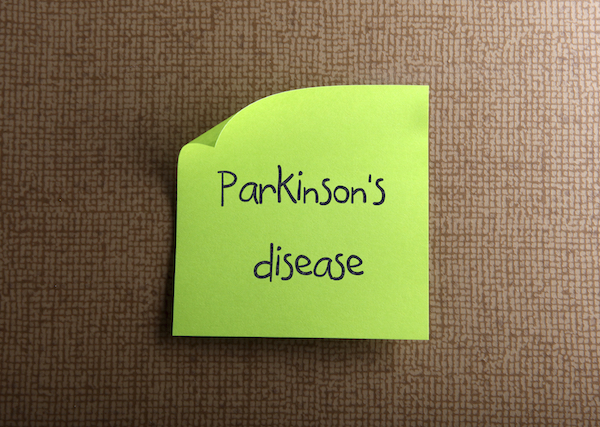“What are the stages of Parkinson’s disease?” Families across America are asking this and other questions as more seniors are diagnosed with the disease each day. More likely to strike men, and more wide-reaching than ALS, MS, and muscular dystrophy combined, Parkinson’s disease is clinically diagnosed in up to 7 – 10 million individuals globally, with an additional 600,000 people in America diagnosed each year. And even while each individual’s encounter with Parkinson’s varies in level of intensity, there are 5 primary stages of advancement that are normally experienced by all.
In honor of Parkinson’s Awareness Month, Compassionate Care Home Health Services shares the details below to help you better understand the stages of Parkinson’s disease:
- 1st Stage: Referred to as early-stage Parkinson’s, this phase impacts the individual with mild signs or symptoms that might display as follows:
- Evident on just one side of the body
- Symptoms are a problem, but not disabling
- Tremors or uncontrollable movement in one limb may be noticeable
- Loved ones can often pick up on deviations in the individual’s balance, facial expressions, and posture
- 2nd Stage: In this level of Parkinson’s, the individual will start to exhibit an inability to perform standard physical tasks:
- Symptoms now affect both sides of the body
- The person is struggling with marginal disability, but in most cases ambulatory or balance troubles are detected
- Posture will begin to be impacted
- 3rd Stage: This phase is regarded as moderate Parkinson’s disease, and a significant level of disability will begin to become obvious:
- There is an evident slowing down of the body’s movements
- Equilibrium problems may result in the inability to stand or walk straight
- There is a moderately significant overall dysfunction
- 4th Stage: The fourth stage is considered advanced Parkinson’s and consists of severe symptoms:
- Stiffness and bradykinesia, or slowed movements, are now occurring
- The person can no longer take care of daily tasks and typically is unable to live independently
- Trembling may begin to lessen or go away altogether for unknown reasons during this stage
- 5th Stage: The fifth and final stage of the disease usually takes over the person’s physical movements:
- The person typically experiences an overall decline in stamina and strength in both mind and body
- The person may perhaps now be unable to stand or walk
- One-on-one care is required
Compassionate Care Home Health Services’ skilled Michigan home care providers are fully trained and experienced in all facets of senior care, and can help those with Parkinson’s disease and other conditions of aging to experience a higher quality of life, right in the comfortable environment of home. Whether the need is for assistance with daily personal care, transportation to doctors’ appointments, errand-running, light household chores and meal preparation, or merely a friendly companion to brighten up each day, our care services are personalized to each person’s unique needs and preferences. Contact us any time to learn more at 877.308.1212.

